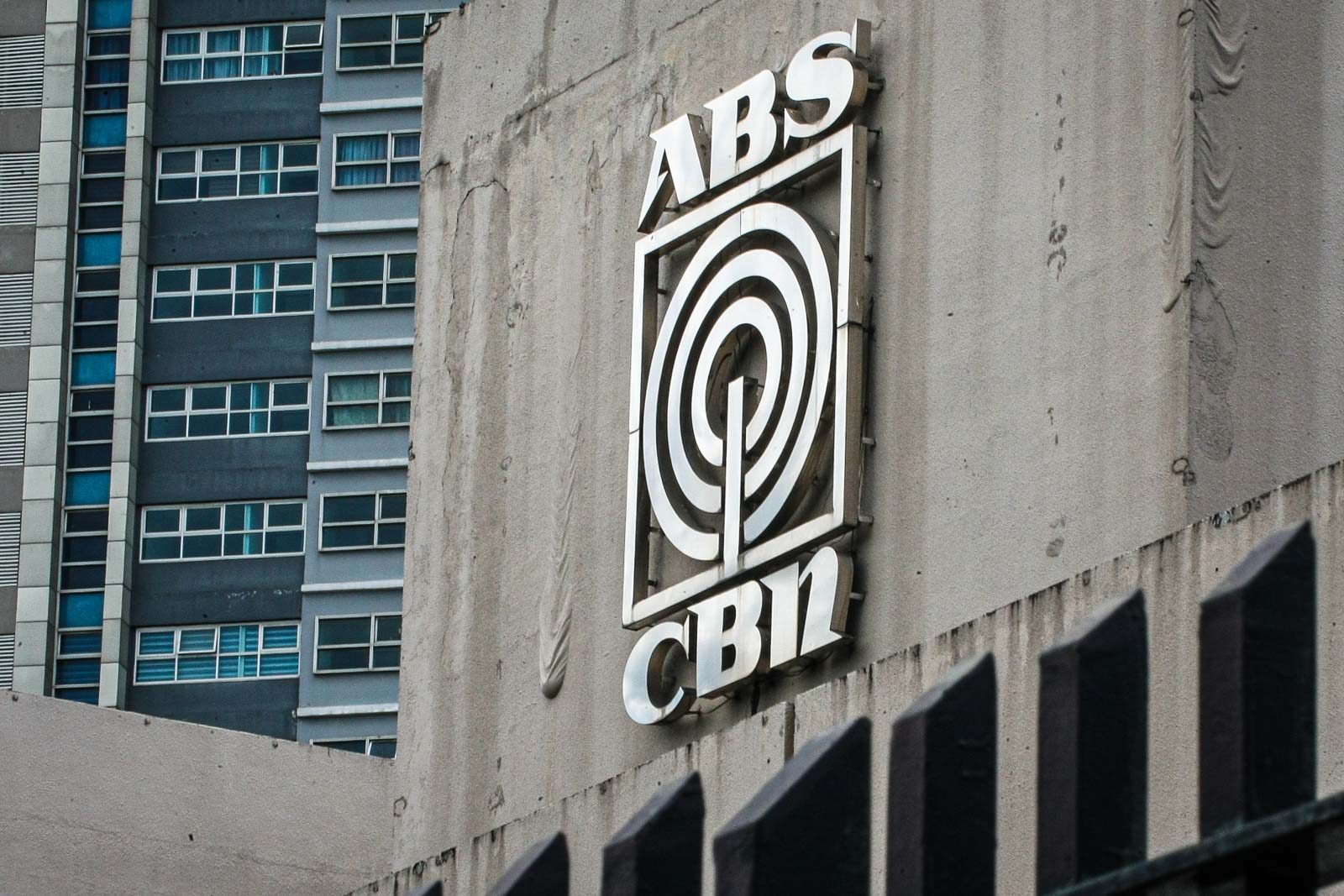SUMMARY
This is AI generated summarization, which may have errors. For context, always refer to the full article.

MANILA, Philippines – If there’s one person who’s unafraid to chart new waters in the legal arena no matter the consequence, it’s Solicitor General Jose Calida. In an attempt to revoke the network’s franchise, he’s resorting to it again on the issue of ABS-CBN’s Philippine Depositary Receipts (PDRs)
Let’s start with something simple. What are PDRs?
PDRs are financial instruments used by media entities to allow foreign investments without violating the constitutional rule that media companies should be 100% Filipino-owned.
If a company issues a PDR to an investor, that investor will be entitled to the dividends of the company, explained law dean Nilo Divina, who specializes in commercial law.
But the PDR holder “has no right to vote,” said Divina and the PDR holder is “not a shareholder of the company.”
These are important aspects to remember because it is Solicitor General Jose Calida’s theory that ABS-CBN’s mere issuances of PDRs to foreign companies violated the constitutional rule that media companies should be 100% Filipino-owned. (EXPLAINER: Legal points in Calida’s quo warranto vs ABS-CBN)
The Rappler comparison
Here’s where it gets a little tricky.
Is it illegal for a media company to issue a PDR to a foreign company?
It wasn’t the case before, but that’s what Calida appears to be saying in his quo warranto petition against ABS-CBN.
Take Rappler, for example, which issued PDRs to two foreign investors: Omidyar Network and North Base Media.
Upon the initiative of Calida, the Securities and Exchange Commission (SEC) issued a shutdown order against Rappler after finding questionable some of the terms in the PDRs of Omidyar.
The SEC said that when Rappler committed to having a prior good faith discussion with Omidyar before it could change its articles of incorporation, the news company, in effect, ceded some form of control to Omidyar, which is it not allowed to do so under the Philippine Constitution. (READ: No TRO for now vs ABS-CBN’s movie channel KBO)
But for the North Base Media PDR, the SEC itself said there was “nothing illegal or irregular” with that PDR.
The Court of Appeals (CA) itself said in the Rappler case: “The SEC does not dispute that the issuance of PDRs is not illegal per se. “
“As noted by petitioners, other corporations like ABSCBN, GMA and Globe have issued PDRs in the past and the same were allowed by the SEC,” said the CA.
In his petition, Calida does not point to anything specifically questionable in the PDRs that ABS-CBN issued to foreign companies. Just that “ABS Holdings’ issuance of PDRs to non-Filipino citizens is a scheme employed at making it appear that the shares remain with the Filipino corporation while granting influence over the mass media enterprise to foreign investors.”
“This scheme is not only prohibited by the 1987 Constitution but criminal liability is also imposed on those who violate foreign equity restrictions and evade nationalization laws of the Philippines,” said Calida.
This will have an enormous impact on business, said constitutional law professor Tony La Viña.
“If accepted by the Supreme Court, the economic implications not only on media companies but on many other industries are enormous. Capital will quickly dry up and foreign direct investment will go down dramatically,” said La Viña.
‘Interesting theory’
“The theory of the Solicitor General regarding the PDR as a financial security is interesting,” said Divina.
“There is a dearth of jurisprudence on the matter,” said the Court of Appeals on questions pertaining to foreign equity restriction.
The main question is this: does a PDR equate to control?
Calida said in his petition that by issuing PDRs to a foreign company, ABS-CBN allowed a foreigner to “validly profit from a mass media corporation with a foreign equity restriction.”
“Are PDRs a circumvention of the Constitution or a clever but valid means to raise funds for the company without skirting the Constitution on foreign ownership restrictions?” asked Divina.
“This is a good opportunity for the Supreme Court to rule on the legality and constitutionality of the nature, scope, purpose of the PDRs,” Divina added.
The Supreme Court has been compelled many times under the Duterte administration to chart new jurisprudence – and through this quo warranto petition, the High Court is once again being asked to clarify rules.
What will the bench do this time? – Rappler.com
Add a comment
How does this make you feel?
There are no comments yet. Add your comment to start the conversation.